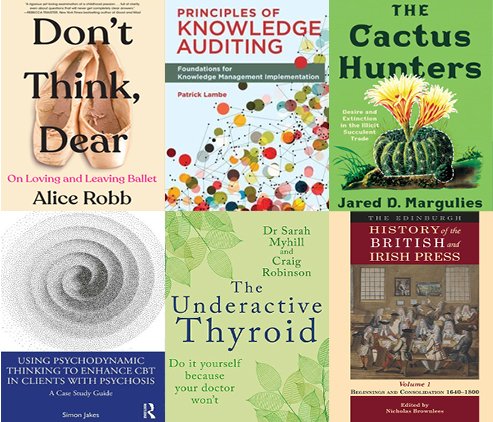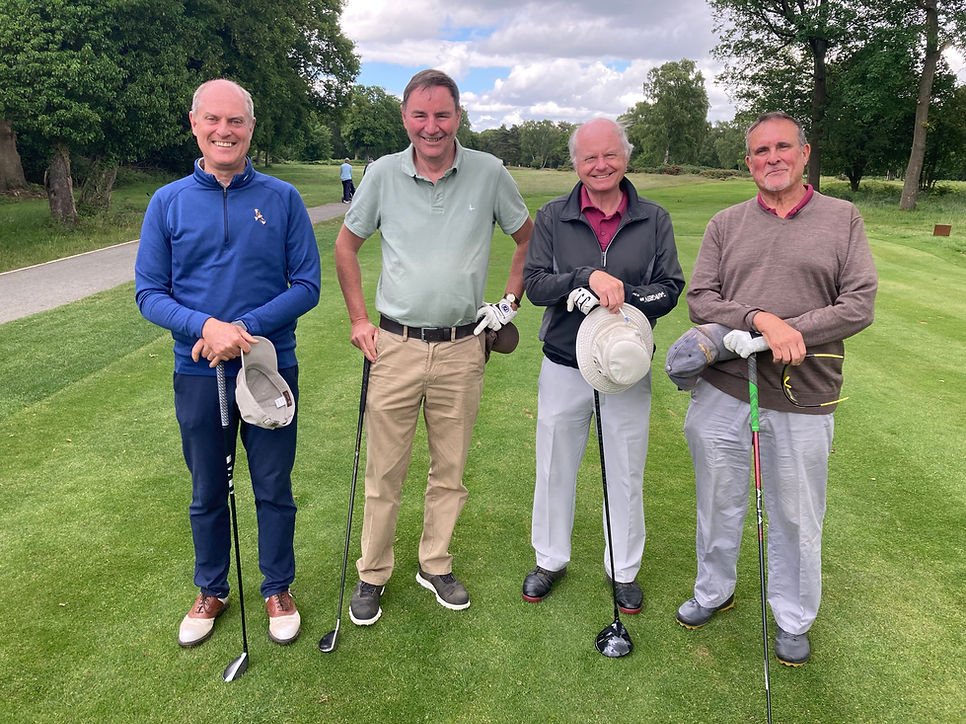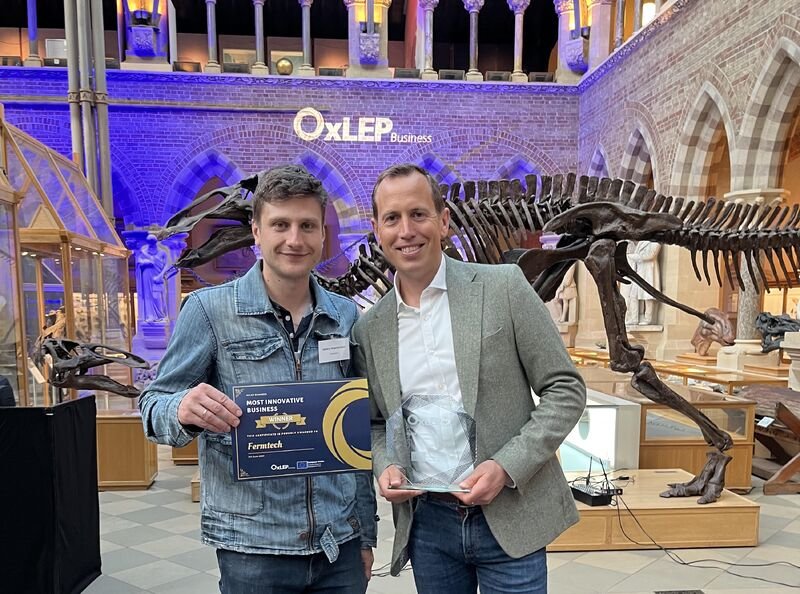Interview with BBC Journalist Ione Wells
Ione Wells © Matilda Jenkins
Alumni Relations Manager Veronika Kovacs talked to Alumna and award-winning journalist Ione Wells (English 2014) about her remarkable journey and becoming the youngest Political Correspondent for the BBC.
After arriving in Oxford, I took part in Oxford student journalism, writing for Cherwell and Isis. I was interested, but not sure whether or not this was something I wanted to do for a living.
During the Easter break in her first year, Ione was the victim of a violent assault in London.
I was talking to fellow students at Cherwell, and my editor asked if I'd publish an open letter I'd written to my attacker — initially as a cathartic exercise to help me cope. To our surprise, it ended up taking on a life of its own. National newspapers and broadcasters picked up the story from the small column in the student newspaper. It was the first time I truly understood the impact of writing first-hand and how the power of storytelling can help other people; many women and men from around the world — as well as fellow students in Oxford — came forward with their own stories.
Ione created a website to share other survivors' stories and, while she kept working for the student newspapers, also started volunteering, founding the international #NotGuilty campaign against sexual violence and misdirected victim-blaming. Her TED Talk on the subject has over a million views on YouTube. Once the final year of her studies arrived, her career direction became clear.
I applied to the BBC trainee scheme and was offered a place at BBC Wales in Cardiff. This year-long on-the-job training, which involved online, radio and television, taught me how to report on stories and pitch my ideas and angles to editors. Keble tutorials were also good preparation for this.
In 2018, Ione became a broadcast journalist for 100 Women at the BBC World Service, where she reported on issues affecting women, once again giving a voice to many and bringing important issues to light.
During this time, I became a reporter and producer of digital videos, radio series and documentaries. My investigation on the lack of domestic violence refuge spaces for disabled women was a front-page story on the BBC and on the Six O’Clock News.
Her first involvement with politics came in 2019, when she became a field producer and broadcast journalist for the BBC Political Newsgathering team throughout Brexit and the 2019 General Election, as well as a podcaster for the BBC’s News Podcasts team. She interviewed several senior politicians, including Boris Johnson after Theresa May offered her resignation.
I was hooked on the fast pace of covering topics from the 2019 Election through to Brexit and Coronavirus. I eventually re-joined BBC Wales as their Westminster Correspondent in 2020 around the time of the first lockdown. My stories and investigations included uncovering sexual harassment in Westminster and how lockdown affected people with gambling addiction, those living alone and young people at the start of their work life. I am a firm believer in holding power to account and giving a voice to those often underrepresented in politics.
Ione became the youngest Political Correspondent in 2021 at the age of 26. Her exclusive stories have regularly set the news agenda. Her revealing that Boris Johnson knew of a formal sexual harassment complaint against Chris Pincher before appointing him to government was credited as being the final straw that brought the PM down. She also covered stories on the fall of Afghanistan and the invasion of Ukraine for all flagship BBC programmes. In 2022, she received the Rising Star of the Year BBC News Award, an award which is named after Hanna Yusuf, another young and talented female journalist who passed away tragically. As we are nearing the end of our interview, I ask Ione what is next for the future.
I would like to find ways to make politics relevant for all audiences, especially those who are currently not interested. For this, we need to rebuild the trust in news. Transparency is the key: we need more insight on how we gather information, explaining how we know what is true, and more importantly, explaining what we don't yet know, too. I would love to write a longer piece on the topic of trust in politics in our media, either in the form of a book, or potentially as a thesis topic, returning to education for a graduate degree.








